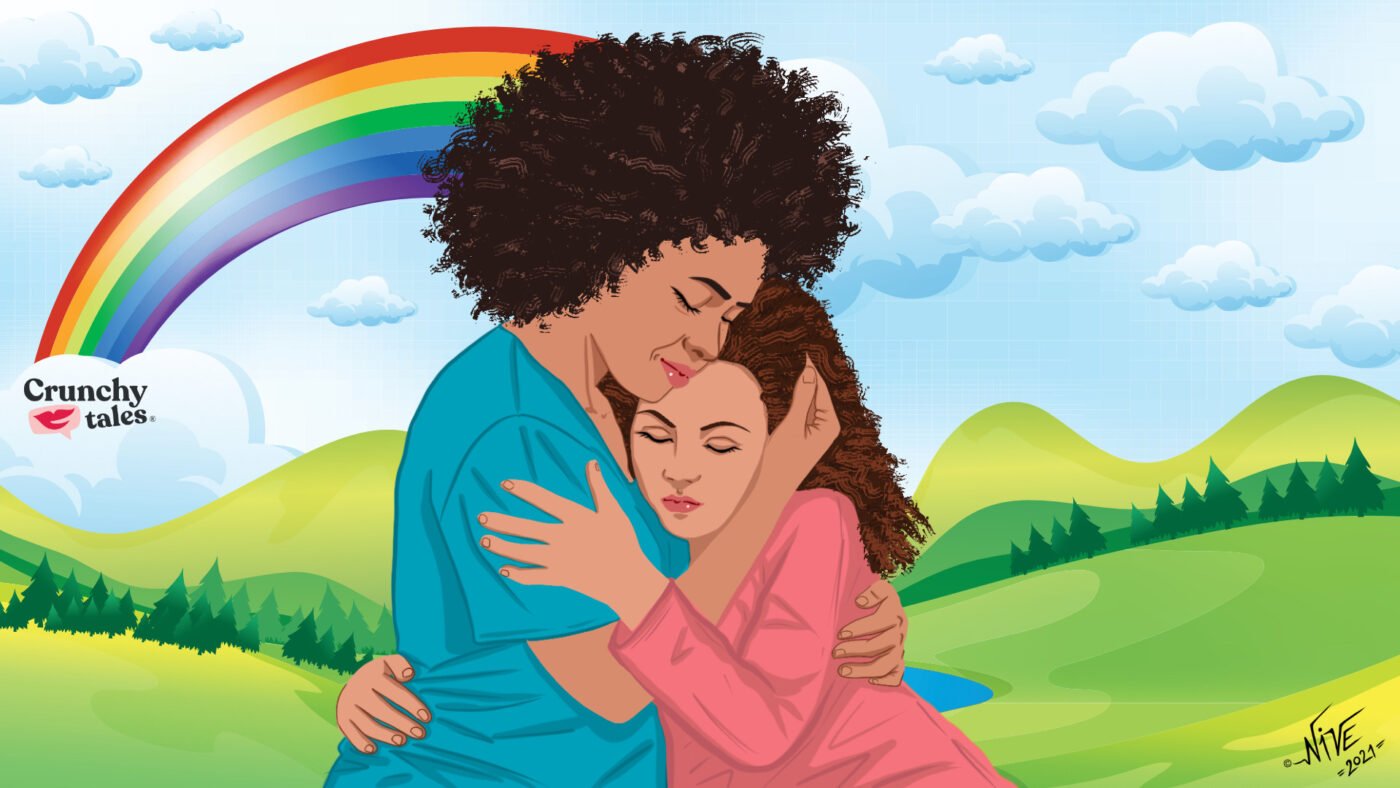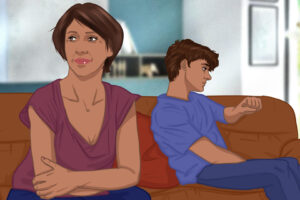How to Support Your LGBTQ+ Kids When They Come Out
My son came out about ten years ago, when he was thirteen. I knew he was gay since he was young. I just had that feeling. However, whether he was gay or not, that wasn’t a big deal to me, but the chance he would be bullied for it was a fear of mine. Realising that I could not prevent pain from entering his journey, I felt that I could support him in feeling confident, providing a safe and encouraging home for him as a strong launchpad for his life, which was a great help.
A lifelong journey
Gender fluidity is much more common among young people today. The younger generation is not as concerned as before about gender characterization, and the world is starting to adapt. Forms for completion by us are more commonly offering a third category for gender and the pronoun “they” is being more widely used. However, while our heterosexual children do not find a need to “come out” and declare their sexuality, gay, lesbian and transgender kids still do. It is a lifelong journey of understanding, acknowledging and sharing one’s gender identity and/or sexual orientation with others. It may be quick and easy for some, or longer and more difficult for others. And parents certainly can make the process easier for their children, playing an important role in advocating for safe spaces where their child can explore interests without judgment or stereotypes.
Developing an identity is one of the most critical aspects of human development – says psychotherapist and author, Dr Anita Gadhia Smith-. It is a process that takes a very long time and begins in childhood. An important aspect of helping an LGBT child come out is to practice total acceptance of exactly where they are, who they are, what they think and full expression of the interior self.
What parents can do
Studies show that LGBTQ+ kids who do not receive support are more likely to use drugs and alcohol, die from suicide and contract sexually transmitted diseases. Even if you are having trouble understanding your child’s identity or feelings, not withdrawing from your role as a parent is probably one of the most important ways to help a child continue to feel a sense of being cared for and accepted.
Children can sense when their parents accept them, and it is critical that we do if we want to remain close to our sons and daughters. Psychologist, Dr Nicole Cutts provides some helpful advice on this matter.
All parents should learn and practice giving their children what therapist and author, David Richo, calls the five A’s: attention, acceptance, appreciation, affection and allowing – she explains-. These five aspects of love represent qualities that are essential for a child to receive from a parent or caregiver in order to feel secure and to develop a healthy sense of self. An absence of these five qualities of love and nurturing could be considered a form of childhood emotional neglect and relationship trauma. If we don’t receive a consistent, sufficient amount of the five A’s as children, we can experience anxiety, depression and shame, or go through life feeling not good enough.
Sometimes, acceptance may be hard. A mum named Clare, from Washington D.C. reminds parents that acceptance is a process that involves the entire family. Just as it takes time for LGBTQ+ children to understand and accept their identity, this is also true for their mum and dad.
By the time your child comes out to you, they have been thinking about it, mulling it over, experimenting with the idea and getting used to it – she says-. While it is important as a parent to express unconditional love for your child, it is also fair for you to allow yourself some time to understand, adjust your image of your child’s future, and get used to your child’s newly acknowledged gender/sexuality. You will get there, but it is okay to catch your breath along the way and to explain to your child that you too are processing their coming out and learning what that means you them and for you.
According to The American Academy of Pediatrics having a supportive and helpful environment at home and good relationships with friends will help your children to manage their feelings and deal with any discrimination they may face. Also, engaging in conversations with your kids around their lifestyle choices and self-expression, as well as reaching out for education or specific resources may be a good way to deepen your own understanding of LGBT+ youth experiences and a chance to let them know you are supportive of their identity.
Gay Pride events, uplifting celebrations of individuality and freedom that take place annually in most major American and European cities, are also good places to start with. I attended my first one in Washington, D.C. and felt the palpable joy being expressed. I volunteered at the PFLAG booth (the first and largest organization for LGBTQ+ people, their parents, families and allies). I held a sign that said, “I love my children gay and straight!” Several young people approached me in tears and hugged me, expressing that their parents had rejected them when they had come out as gay. It broke my heart. It underscored the need for parents to understand that if they do not accept their children, they will lose them.
What if my kid doesn’t want my help?
Sometimes, LGBTQ+ kids may not be able to specify just why they feel different. And, they may not feel comfortable talking with parents about their feelings. What they can do in this case to help themselves? Attorney Karen Ahlers from Boston, Massachusetts (who is gay and the parent of a gay daughter), advises those kids interested in looking for support with the following steps:
- Tell someone, or several people about it, those ones you believe will support you first.
- Your parents may not respond appropriately. Be ready for that. Their poor response is not your fault. Have information (books, articles, etc.) about having a gay child to offer, but don’t be surprised if they don’t avail themselves of these resources right away, or ever. Forgive them. Usually (almost always), it gets better.
- You will feel the weight of the world come off your shoulders once you come out, but that doesn’t mean you won’t have new challenges.
- Find support groups. Google in-person or online groups and attend religiously.
- Attend your community’s Pride parade. Do not miss it, even if you have to go alone.
- You will experience love and have a happy life. It may be happier than the life your family imagined you would have before they know you were gay.
Whether your children will allow you to be part of their journey or not, as a parent the best thing to do is to provide opportunities and guidance when needed, and then allow them to fly. Parenting, in the end, is about preparing our children to be independent, self-sustaining adults. We start to lose influence over them as they age and are exposed to many more people and ways of thinking. We do not get to choose who our kids become or with whom they want to partner but we are supposed to be the safest people in their lives. May we all be up to the task.
Like this article? Sign up to our newsletter to get more articles like this delivered straight to your inbox.






